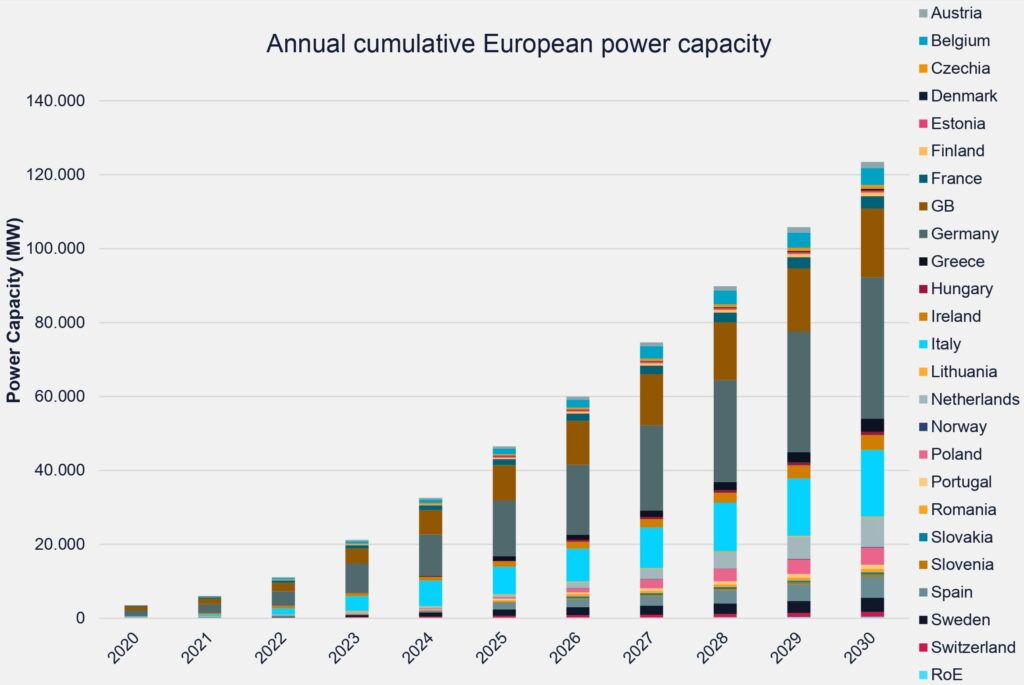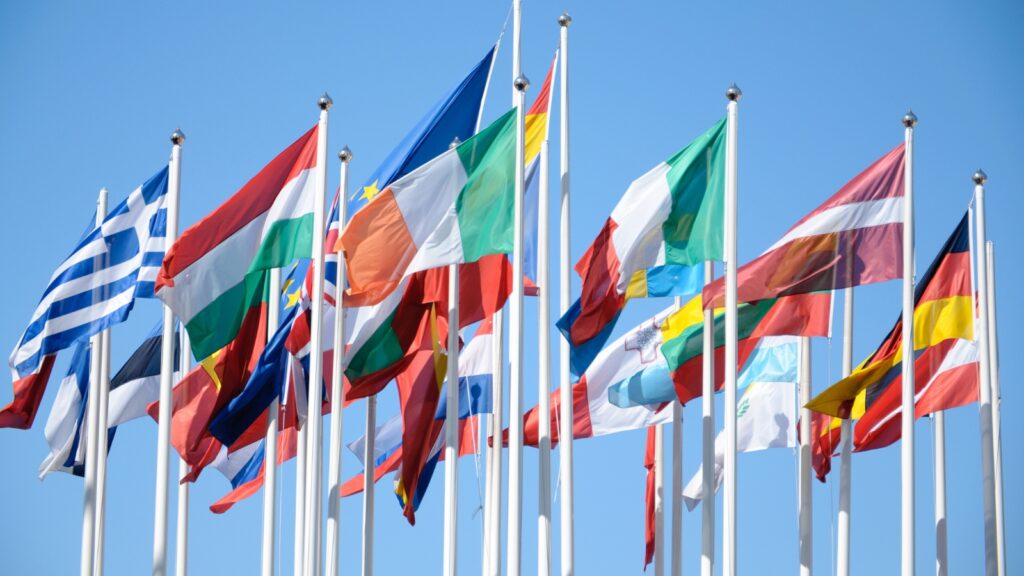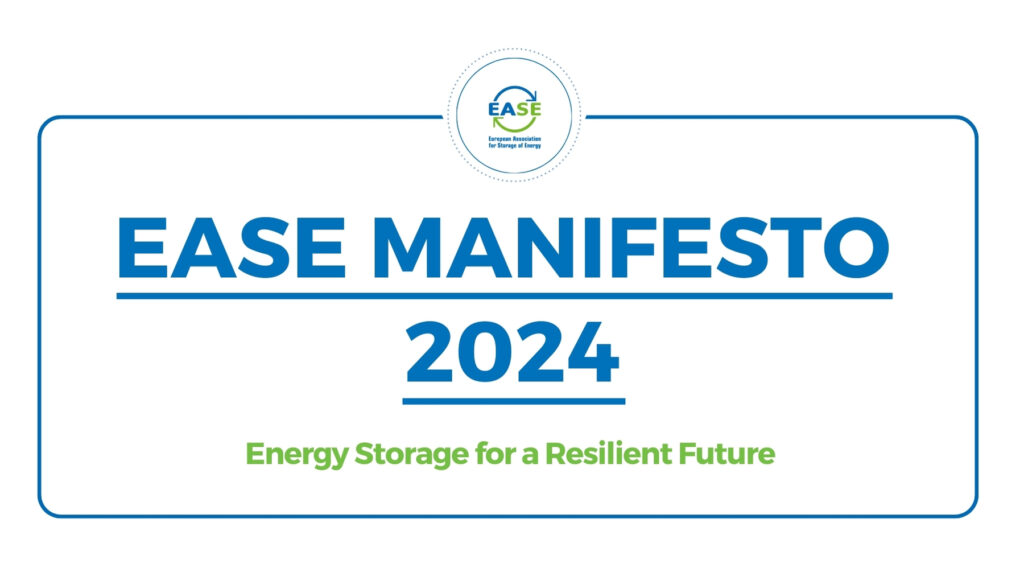23.03.2020 / News
Welcome On Board Aarhus University

The European Association for Storage of Energy (EASE) is glad to extend a warm welcome to its newest member Aarhus University - who joined EASE in February 2020. Mr Barbu accepted to discuss with us Aarhus University’s expertise in energy storage and expectations from this collaboration with EASE.
Mr Barbu thank you very much for accepting this interview. We are very happy to have Aarhus University among our members and we would like to know more about your activities in the sector. Could you summarise the most interesting insights from Aarhus University’s work for energy storage in Europe?
Mr Barbu: First of all, let me thank you for accepting our application. We are very happy to be part of EASE network and to collaborate with the other partners to support the energy transition towards a climate neutral energy system. With more than 38,000 students and 8,000 FTE employees, we are the largest research university in Denmark and among the top 100 world’s best universities.
Research in energy storage takes place in the Faculty of Technical Sciences. Here, in the Electrochemical Engineering Research Area, development, testing and upscaling new battery chemistries are taking place. This is where we have the test benches for characterization of flow and solid state batteries, electrochemical cells for measurement of ion conductivity, spectrometers, electron microscopy facilities and chemistry laboratories. In the Energy System Integration group is where we design the power electronics and the BMS system for the grid integration of different batteries. Research in this group is focused on the increase of the renewable energy on the grid, and to facilitate the integration between different energy networks.
We look forward to a very fruitful collaboration with you and to receive Aarhus University’s inputs for our Working Groups and Task Forces. What created the interest from your company to join EASE?
Mr Barbu: We believe that EASE, through its members and network, can make the development and deployment of energy storage technologies an integral part of the energy transition towards ambitious European decarbonisation targets.
Energy storage has the potential to replace some of the conventional power generation unit and provide similar capabilities for grid support and power quality requirements and to increase overall system flexibility. EASE’s policy recommendations and efforts to build a regulatory framework to support for energy storage deployment are critical in this massive energy transition.
What is your vision for how storage can contribute to the energy transition?
Mr Barbu: A growing amount of flexibility will be required to balance the variability in demand and supply, especially in the case of high levels of renewables on the grid. New battery chemistries can lead to a new phase of higher degree of integration of renewable energy, also couples of other energy networks such as heating and cooling, and transportation.
At Aarhus University, we are currently developing new redox flow battery technologies, and power electronics and BMS for large scale renewables grid integration. We are also part of various standardisation committees to develop and coordinate technical standards for a faster adoption of integrated storage solutions.




